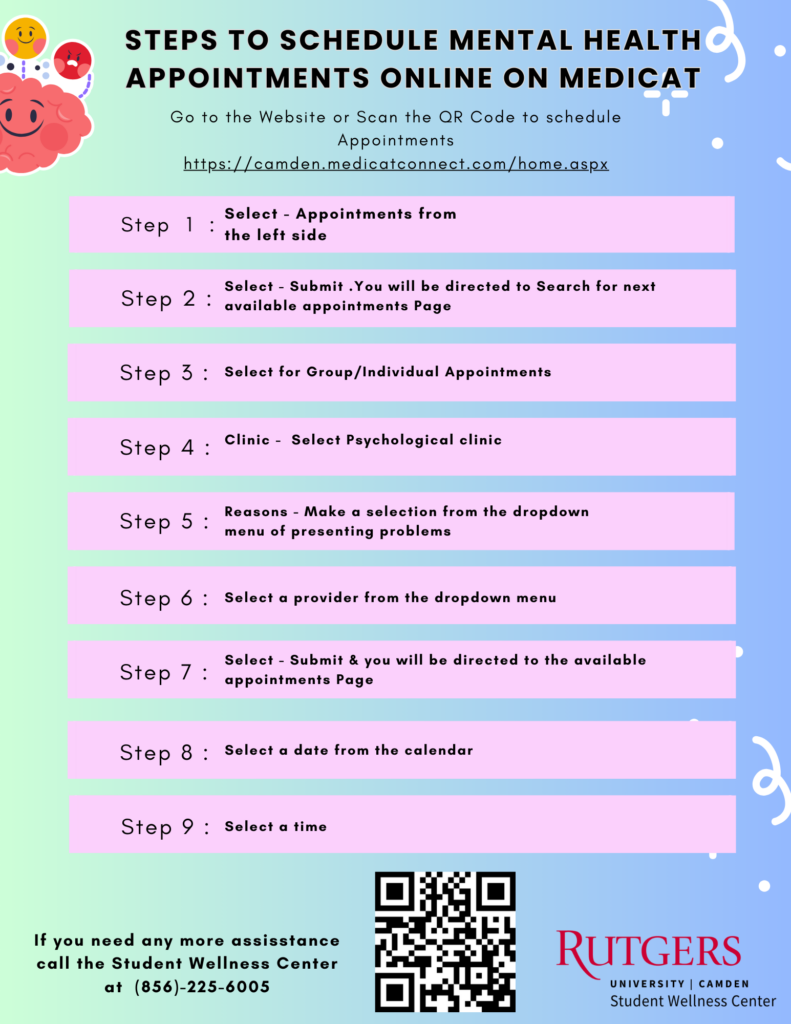
Psychiatric Services
Psychiatric services refer to a range of medical and therapeutic interventions provided to individuals experiencing mental health issues or psychiatric disorders. These services are typically delivered by mental health professionals, including psychiatrists, psychologists, psychiatric nurses, social workers, and other trained professionals.
1. Assessment and Diagnosis
This involves evaluating an individual’s mental health condition through interviews, observation, and possibly psychological testing to identify specific psychiatric disorders or issues.
2. Medication Management
Psychiatrists are licensed medical doctors who can prescribe medications to manage psychiatric symptoms such as depression, anxiety, bipolar disorder, schizophrenia, and others. Medication management involves prescribing, monitoring, and adjusting medications to optimize their effectiveness and minimize side effects.
3. Psychotherapy
Also known as talk therapy, psychotherapy involves meeting with a mental health professional to discuss emotions, thoughts, behaviors, and mental health concerns. Psychotherapy can be delivered in various formats, including individual therapy, group therapy, family therapy, or couples therapy, and can be based on different theoretical approaches (e.g., cognitive-behavioral therapy, psychodynamic therapy, etc.).
4. Crisis Intervention
Psychiatric services may include immediate support and intervention during mental health crises, such as suicidal thoughts, severe anxiety or panic attacks, psychotic episodes, or acute distress.
5. Hospitalization and Inpatient Services
For individuals experiencing severe psychiatric symptoms or crises, psychiatric hospitals or inpatient psychiatric units within general hospitals provide intensive treatment, observation, and stabilization.
6. Outpatient Services
Many psychiatric services are provided on an outpatient basis, allowing individuals to receive treatment while continuing to live in their communities. Outpatient services may include therapy sessions, medication management appointments, support groups, and other forms of mental health support.
7. Case Management and Support Services
Some individuals with severe and persistent mental illness may require assistance with accessing resources, housing, employment, and other support services to help them manage their condition and improve their quality of life.
8. Emotional Support Animal Evaluations
We provide emotional support Animal Evaluation at Wellness Center for $150.
Overall, psychiatric services aim to alleviate symptoms, improve functioning, enhance coping skills, and support individuals in achieving better mental health and well-being.

